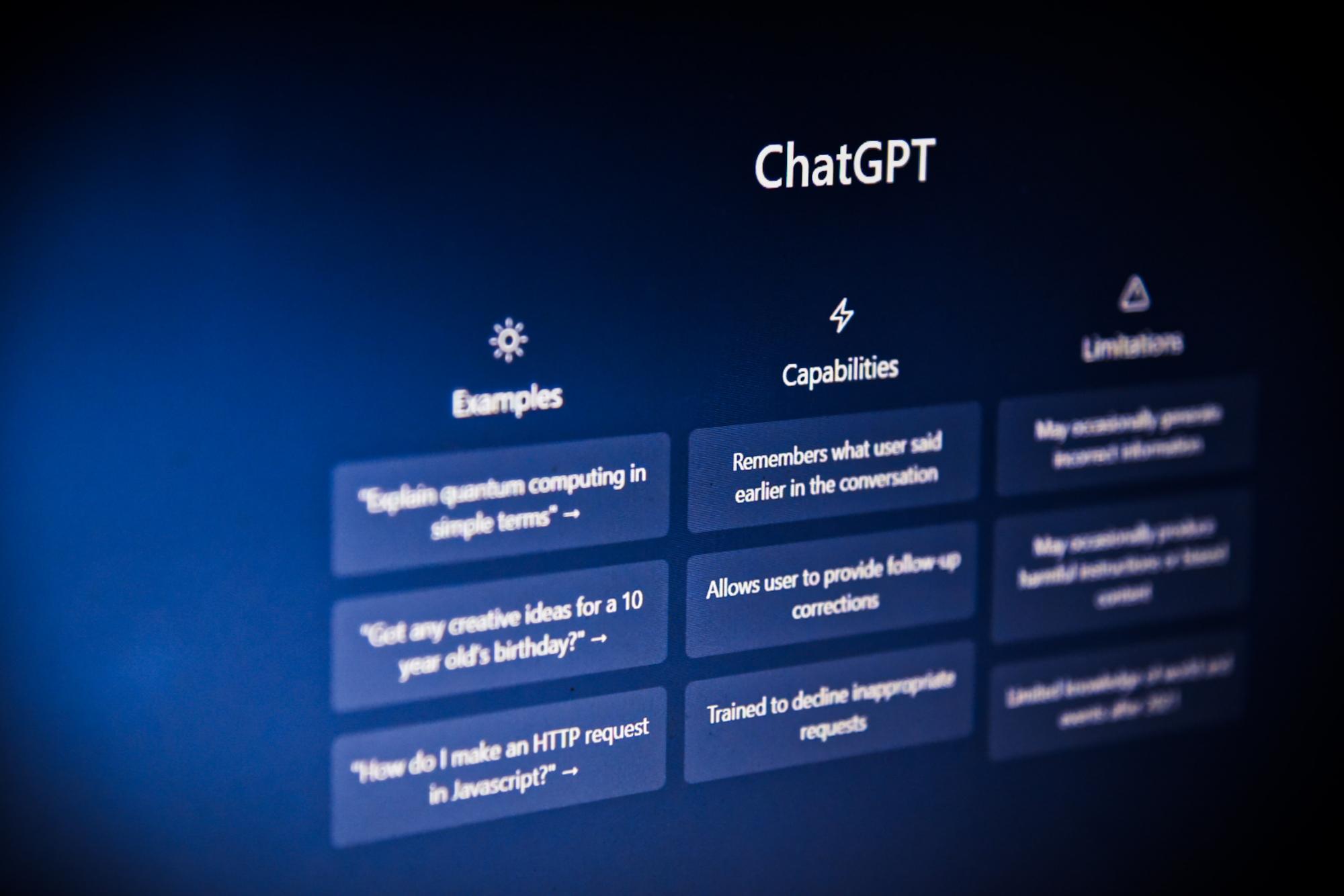Test- FTSE 100 Kicks Off August on a High as BP and Senior Lead Market Momentum
$11
10 Oct 2025, 13:13

Unsplash.com

As banks take action, Wall Street's ChatGPT nightmare may already be over.
In a bleak future for those working on Wall Street, banks dismiss traders in large numbers as ChatGPT and other artificial intelligence models take over markets for bonds and commodities that were previously impossible to automate.
Although not just yet. Perhaps not ever.
Wall Street firms including JPMorgan Chase & Co., Bank of America Corp., and Citigroup Inc. are taking action to restrict or forbid its usage.
Traders and other professionals who are experimenting with the technology are discovering quickly that, while it can speed up some of their most routine duties, the procedure is far from smooth.
The major drawback of the tool, according to Oded Netzer, a professor at Columbia Business School who studies data and technology, is that "it may save time, but we don't know whether that's true." It may be used as an intelligent office colleague to review and improve your work.
Despite all the fanfare around the new breed of AI platforms, the financial sector mostly uses them to generate text and then, presumably, check it for accuracy, much like a teenager the night before an assignment is due.
One credit analyst claimed that he just learned that a colleague was using ChatGPT to generate earnings reports, but that the reports were so horribly wrong that he instructed the colleague to stop.
Yet, the expert believed that such technology will eventually replace him.
According to Bloomberg Intelligence analyst Larry Tabb, as technology advances, eventually machines will be able to think more quickly than humans.
But, he asserted that legal considerations, such as Securities and Exchange Commission regulations, will ultimately prevail.
"You have to have a better explanation than, 'Because the machine ordered me to,'" Tabb said when the SEC comes on your door and inquires as to why you carried out that transaction. Black-box trading models are typically not approved on Wall Street since you don't know why the trading choice was made. You may design your computers after gathering insights and analysis from AI, though.
No Movement
Like with many others for this article, the head of trading at one of the biggest banks in the world identified some rather clear restrictions for replacing humans with the new AI. They have already been replaced in sectors like stock trading, for instance.
The executive said that there is no initiative in the works to employ ChatGPT or competing platforms, despite the fact that it is feasible that they may assist banks in realising their long-standing goal of automating other sectors like fixed-income markets.
Since its public debut late last year, OpenIA's ChatGPT has generated considerable interest. The system can create essays, letters, songs, and poetry very instantly using word prediction. Also, it gradually becomes more intelligent and complex since the outcomes are probabilistic.
Yet for now, ChatGPT's arithmetic difficulties are a headache for Wall Street.
When given 1,000 mathematics word problems by an associate professor at Arizona State University at the beginning of January, the system scored just under 60%. After that month, a model update was made with the goal of enhancing that.
Furthermore, company earnings also appear to haunt chatbots. Bing chat, a relative of ChatGPT from Microsoft Corp., provided inaccurate financial information during a presentation on the Microsoft campus earlier this month.
Multinational banks are expected to exercise caution when utilising third-party AI systems after paying $2 billion in US fines when their workers used unrestricted communication channels like WhatsApp for business.
According to a person with knowledge of the situation this week, JPMorgan, the biggest bank in the country, has already limited the use of ChatGPT by its employees. Based on sources familiar with the choices, Citigroup, Goldman Sachs Group Inc., Deutsche Bank AG, and Wells Fargo & Co. have all made comparable moves.
(Bloomberg.com, Reuters.com)